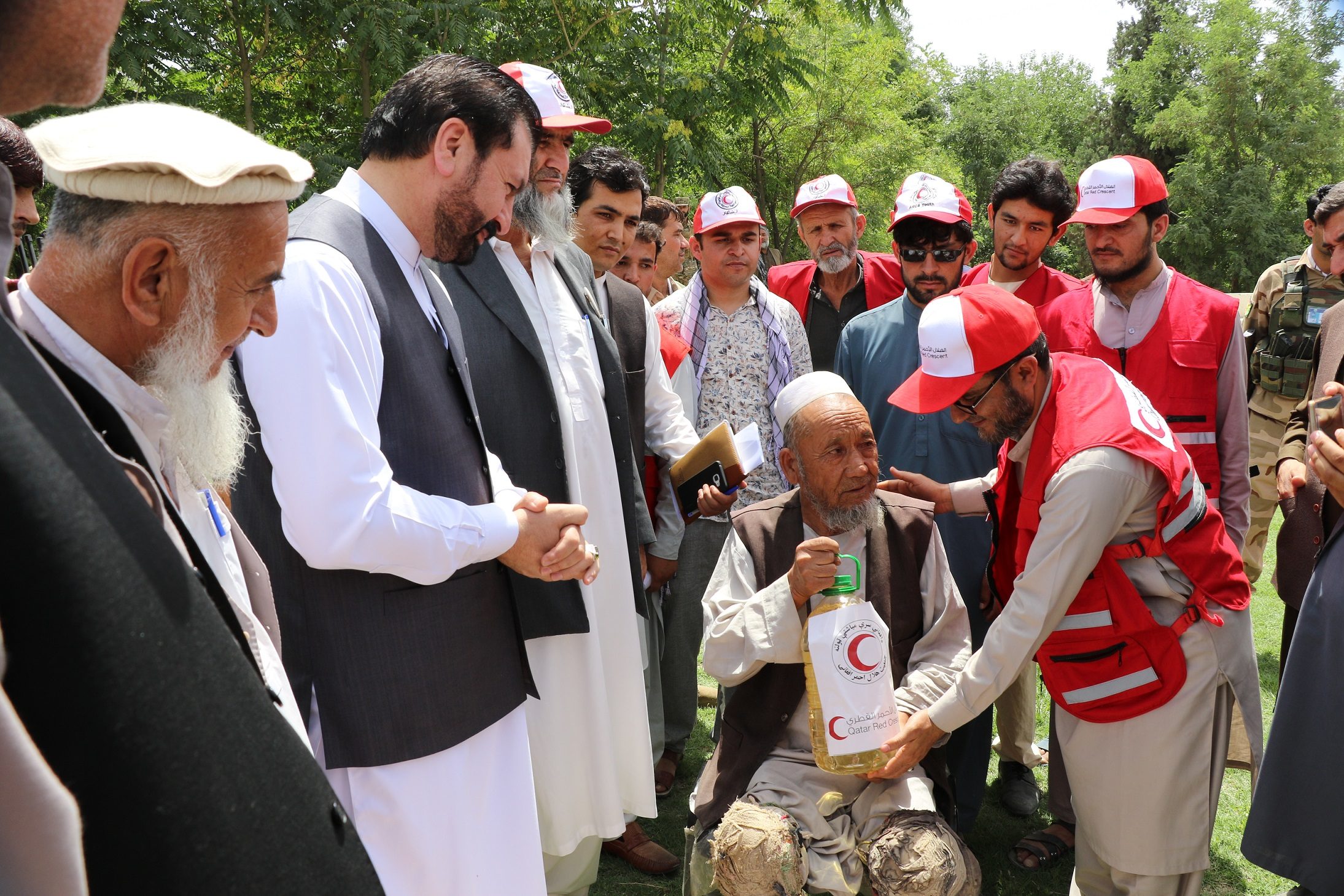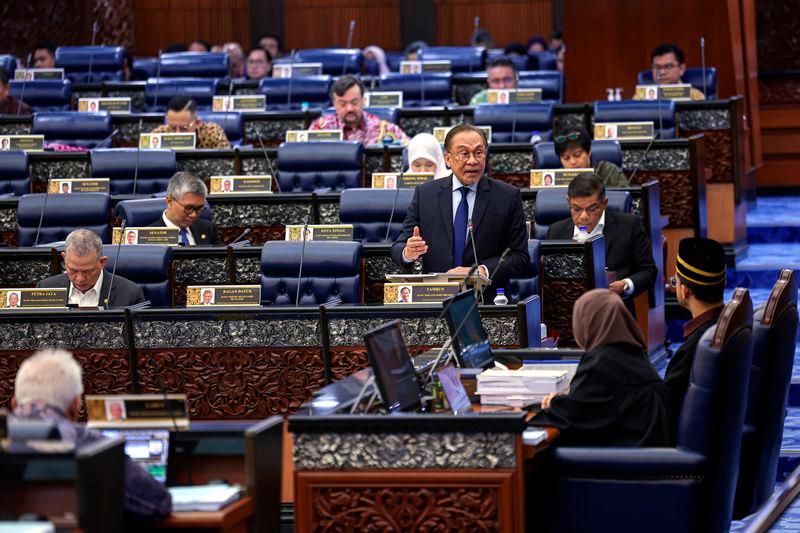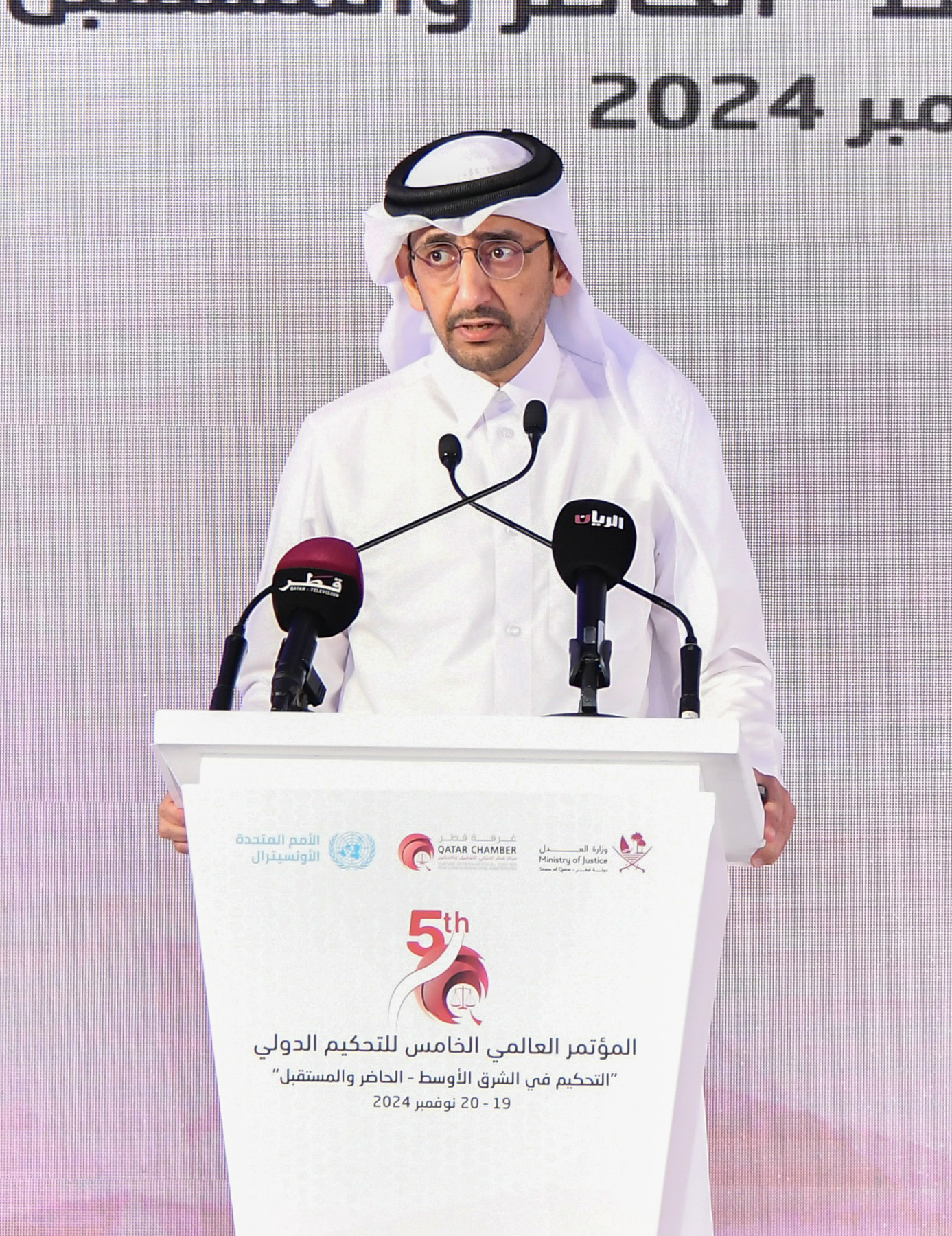Qatar Red Crescent is coordinating with the Afghan Red Crescent Society to facilitate aid to the Afghan people on the field.
Qatar Red Crescent Society (QRCS) has allocated QAR1 million from its Contingency Fund for an urgent two-month humanitarian intervention to provide food parcels and basic health services to civilians in Afghanistan, the organisation said.
In response to the latest developments in Afghanistan, QRCS has coordinated with its Afghan counterpart, ARCS, to activate the Disaster Information Management Center (DIMC) in Doha to remain updated on the latest information on the ground in Afghanistan.
The Qatari organisation has also launched a fundraising campaign to meet the most pressing health care, food, and shelter needs in Afghanistan, where the situation remains volatile as ongoing unrest continues to worsen living conditions.
With the takeover of the Taliban, a food crisis, unstable weather conditions and the ongoing Covid-19 pandemic, Afghanistan is in dire need of assistance.
According to a United Nations report, around 14.5 million are expected to need emergency health services, and almost 18.4 million needed humanitarian aid during 2021 alone.
Within Afghanistan, 4 million people are internally displaced. However, with the recent developments and rise to power of the Taliban, the refugee crisis is only bound to get worse.
An estimated 400,000 people in the country have been forced to flee their homes since the beginning of 2021, according to the United Nations’ refugee agency.
There are also concerns of a wider spread of Covid-19 as a result of Afghanistan’s failing health sector and a shortage in health supplies all over the nation. During August, over 9,000 infections and 697 deaths were reported.
QRCS has been working in Afghanistan since 2014 under a framework agreement with ARCS.
Earlier this month, the organisation pumped over $343,500 into Afghanistan’s education system as part of the third phase of its drive to help students in remote areas receive quality education.
Around 1,000 young students in Afghanistan’s Ghor Province were set to benefit from the QRCS outreach project.
Over the past seven years, QRCS has provided QAR 36,231,736 worth of humanitarian aid for vulnerable communities in Afghanistan, addressing the fields of emergency relief, shelter, water and sanitation, health care, livelihoods, food security, and winterisation aid.
Qatar has been at the forefront of assistance to Afghanistan since the Kabul takeover by the Taliban, carrying out one of the largest airlifts of people in history to evacuate Afghans left in the country.
According to Assistant Foreign Minister Lolwah Al Khater, this could not have been achieved without the help of Qatar’s aid organisations.
“We’ve done this of course with the help of our international partners. And I should also praise many of the NGO’s, Asmahan, here in Qatar. I mean, Qatar Charity is playing a role, the Qatar Red Crescent is playing a role, Qatar Foundation as well is actually having many programmes here for the kids,” said Al Khater in an exclusive interview with Doha News.
Many of the evacuees were sent to the US’ Al Udeid airbase, which was not equipped to host such a large number of people on such short notice. In a collective effort, Qatari authorities stepped in to provide what was needed to house the evacuees, with the Red Crescent establishing a field hospital there.
On the ground in Doha, Al Khater urged the community to volunteer, donate and provide as much aid as possible.
“We invite our NGO’s to keep doing what they’re doing to provide for our brothers and sisters. And also we ask anyone like doctors, et cetera, who can volunteer their time to join the Qatar Red Crescent and help us with the current situation,” said Al Khater.
The latest instability in Afghanistan was triggered by US President Joe Biden’s decision to withdraw all foreign troops following a two-decade invasion that brought destruction and bloodshed to the country.
Since the announcement in April, the Taliban has made sweeping territorial gains, enabling the group to capture Kabul in a week without a fight.
Many have cited concerns over living under the Taliban’s harsh interpretation of “Islamic” rule as the main reason for fleeing the country, though after years of a deadly US invasion that decimated much of the country’s institutions and infrastructure, Afghans have sought new lives abroad.
Follow Doha News on Twitter, Instagram, Facebook and Youtube







